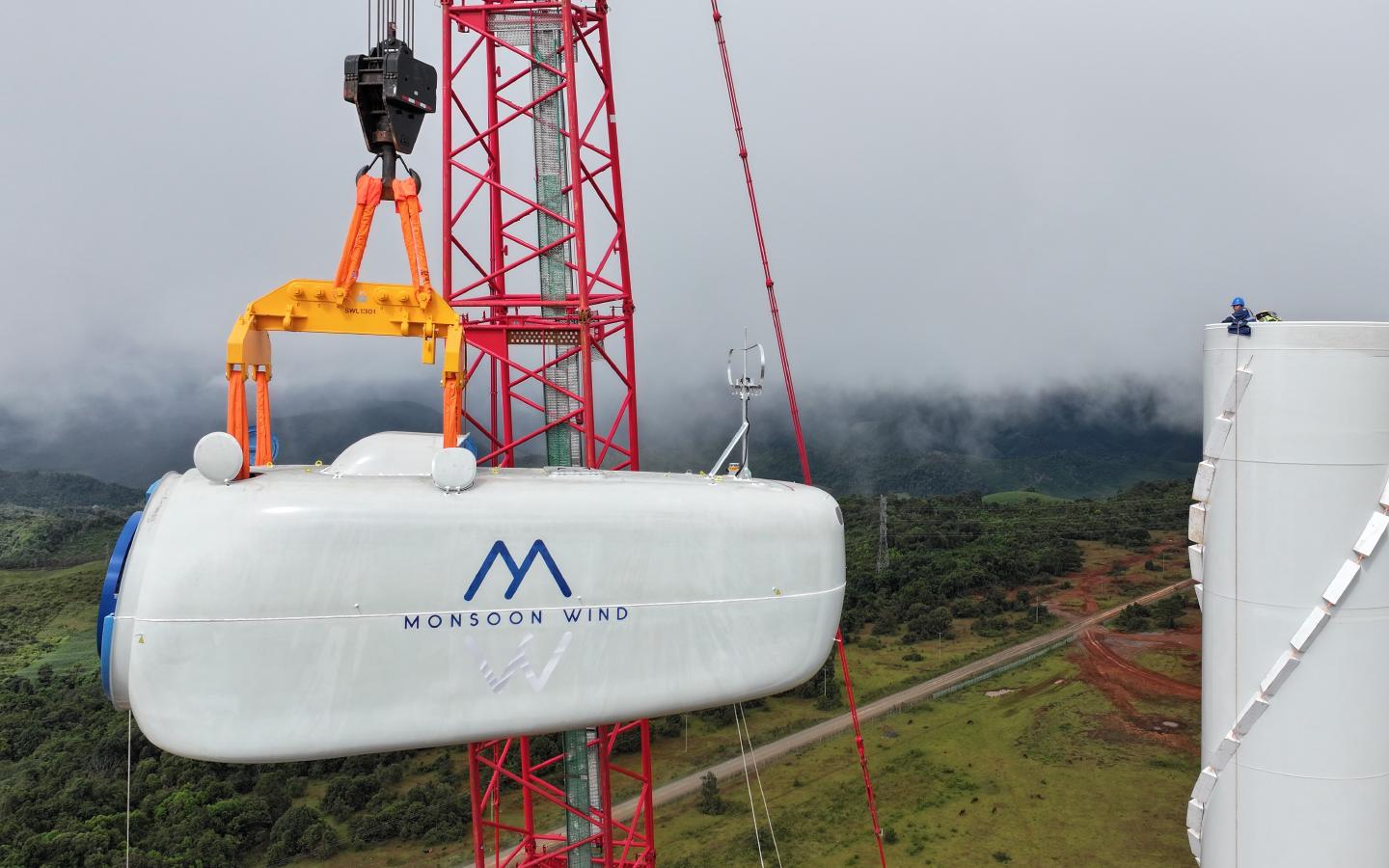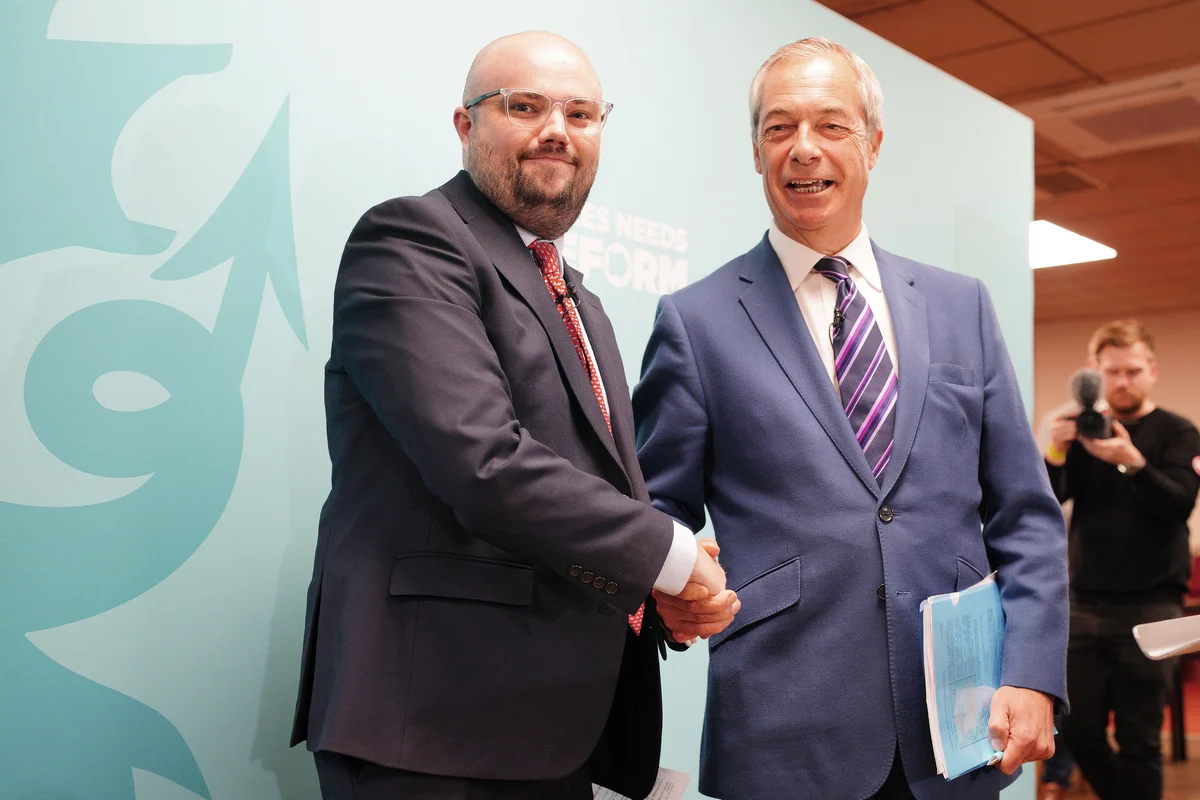By Amit Vasudev,Sumit Jha
Copyright thesouthfirst

Acid-blocking drugs harm kids more than help, warns Indian paediatric study
The Indian paediatric experts strongly advocate for a different class of acid-reducing medications called H2 receptor antagonists.
Synopsis: A new Indian paediatric study by 24 experts warns that acid-blocking drugs, like PPIs, harm children more than help, with 86.2% of prescriptions deemed inappropriate. Linked to fractures, infections, and kidney injury, these meds are overused for reflux in kids, often needlessly. Safer H2 receptor blockers are urged, urging cautious, evidence-based prescribing to protect young patients.
Parents rushing to paediatricians with crying babies or kids complaining of stomach ache may be getting powerful acid-blocking medications which their young ones don’t really need. These drugs could be causing more harm than good, according to a major new study by India’s leading child health experts.
A comprehensive review by 24 senior paediatricians from across India has raised serious red flags about the rampant overuse of gastric acid-reducing medicines in children.
These medications, commonly known as proton pump inhibitors (PPIs) and H2 receptor blockers, are frequently prescribed for acidity, reflux, ulcers, and related stomach problems. But the evidence suggests doctors are prescribing them far too liberally, sometimes without solid medical justification.
The alarming findings, published in the medical journal Cureus, reveal that a staggering 86.2 percent of PPI prescriptions in children were deemed inappropriate by medical standards. Even more concerning, over half of the children receiving these powerful medications had no medical condition that actually required their use.
“We’re seeing a blanket approach to prescribing these drugs that mirrors concerning trends in adult medicine,” the research team noted. “The evidence clearly shows we need to be much more careful about when and how we use these medications in children.”
“This study suggests that not every child who vomits or cries excessively has acid reflux disease, and most infants naturally outgrow reflux symptoms within their first year without medication,” said Hyderabad based paediatrician Dr Preethi Prasanna told .
She said that PPIs should be reserved for children above one year old and “only when non-drug approaches like adjusting feeding practices or ruling out food allergies have failed. H2 receptor blockers represent safer options for short-term use, especially in fragile newborns and hospitalised children.”
Also Read: Medical shops sealed in Telangana over illegal sale of abortion kits
She also pointed that , importantly, acid-reducing medicines should never be given for weeks or months without regular medical review and clear evidence of ongoing benefit.
Hidden dangers
PPIs—including drugs like lansoprazole, esomeprazole, and pantoprazole—are powerful acid-blockers widely used in adults. But in children, especially babies under one year old, their safety remains questionable. The mounting evidence links long-term use of these medications in children to a frightening array of health problems that many parents and even some doctors may not be aware of.
Studies have connected PPI use in children to increased risks of serious infections affecting multiple body systems, bone fractures, allergies, asthma, and even kidney injury.
The drugs can disrupt the delicate balance of beneficial bacteria in the gut, mouth, and lungs—what scientists call the microbiome—potentially leading to life-threatening complications in premature infants, including a severe intestinal condition called necrotising enterocolitis and dangerous bloodstream infections.
The numbers are sobering: children taking PPIs face a 20 percent higher risk of bone fractures compared to those on alternative medications, due to reduced calcium absorption that’s crucial for growing bones. Perhaps most alarming, these drugs are associated with a 57 percent higher risk of developing asthma and a 37 percent increased risk of acute kidney injury in hospitalised children.
“Long-term PPI use results in dysbiosis, altering the microbiome in the oral cavity, gut, and lungs, which is further associated with necrotizing enterocolitis, late-onset sepsis in premature infants, Clostridium difficile infection, asthma, obesity, and small intestinal bacterial overgrowth,” the study authors explained.
Crying doesn’t mean acid reflux
One of the most concerning findings involves the treatment of gastroesophageal reflux (GER) in infants. Many parents and healthcare providers mistake normal infant behaviors—frequent spitting up, crying, or fussiness—for gastroesophageal reflux disease (GERD), a more serious condition requiring medical intervention.
The reality is that reflux is completely normal in babies. Most infants spit up several times a day due to developmental factors like an immature valve between the stomach and esophagus, and delayed stomach emptying. This typically resolves naturally by 6-12 months as the infant matures, without any medication needed.
Also Read: Stillbirths show India’s north–south divide in maternal healthcare, literacy
“Distinguishing GER from GERD is challenging due to nonspecific symptoms and unreliable diagnostic criteria,” the researchers noted. “Overdiagnosis of GERD, particularly in NICU infants, can lead to unnecessary acid suppression therapy.”
Current medical guidelines recommend avoiding both diagnostic tests and treatment unless there are serious warning signs or significant impact on the child’s growth and development. Yet the study found that nearly 50 percent of extremely premature babies born before 28 weeks of pregnancy are prescribed these medications, with a quarter continuing on them even after leaving the hospital.
Adding to the complexity, recent research has shown that many infants actually have non-acidic reflux, meaning acid-blocking medications are essentially useless for their symptoms.
“For infants with weakly acidic or non-acidic refluxate, acid suppression is ineffective as the pH of reflux is already greater than 6.0,” the study explained.
Prescription problem across age groups
The inappropriate prescribing extends beyond infants. The study found that co-prescription of PPIs alongside steroids or non-steroidal anti-inflammatory drugs (NSAIDs) accounted for 28.7 percent of inappropriate cases. This practice is particularly concerning because it can actually increase rather than decrease the risk of complications.
“PPIs can alter the composition of the gut microbiome, which is reported to worsen NSAID-induced small intestine injury,” the researchers warned.
“The PPI-associated dysbiosis also increases the incidence and severity of NSAID enteropathy, further questioning the safety of PPI co-prescribed with NSAIDs in children.”
The problem appears to stem from doctors prescribing these medications for vague complaints without conducting proper diagnostic evaluations. Children are receiving prescriptions based on symptom presentation alone, without objective diagnostic measures such as pH monitoring or endoscopy.
Safer alternative: H2 receptor blockers
The Indian paediatric experts strongly advocate for a different class of acid-reducing medications called H2 receptor antagonists, particularly ranitidine and famotidine, as safer alternatives to PPIs in most paediatric situations. These older medications offer several key advantages that make them more suitable for children.
Also Read: One in 807 women in Hyderabad develops cancer annually, second-highest in India
H2RAs work faster than PPIs, providing symptom relief within hours rather than days, making them ideal for on-demand treatment when children actually experience stomach discomfort. They also have a significantly better safety profile, especially in newborns and infants, with decades of established safety data.
“H2RAs function as a well-established and safer alternative acid reflux medication for paediatric patients of all age groups,” the study noted. “H2RAs provide paediatric care with a flexible therapeutic choice because they offer numerous clinical applications that extend past gastrointestinal conditions.”
Studies have demonstrated the effectiveness of H2RAs like ranitidine in preventing stress-induced stomach ulcers in critically ill children without the increased infection risks associated with PPIs. In one study of 53 mechanically ventilated newborns, short-term prophylactic ranitidine significantly reduced stress-induced gastric mucosal lesions, with no ulcers observed in treated infants and no adverse effects reported.
Beyond stomach problems: Unexpected uses
The research revealed that H2RAs have applications beyond gastrointestinal conditions. These medications can be effective adjuncts in treating chronic hives (urticaria) in children who don’t respond adequately to standard antihistamine therapy alone.
“Given the involvement of both H1 and H2 receptors in many pathological processes, the combination of H1 and H2 antihistamines has been explored for treating histamine-mediated disorders, including urticaria,” the study explained. Multiple studies have demonstrated that adding an H2-antagonist to standard allergy medications can provide additional relief from itching and hive formation in resistant cases.
The medications are also preferred for preventing acid aspiration syndrome during anesthesia. Research shows that ranitidine is more effective than PPIs in reducing stomach fluid volume and increasing pH when administered as a single dose before surgery, providing better protection against this serious complication.
Clinical guidelines for safer practice
The expert panel developed comprehensive evidence-based recommendations for healthcare providers, emphasizing rational, targeted use of acid-reducing medications. Their guidelines represent a significant departure from current widespread prescribing practices.
Also Read: Education, marriage shield elderly from cognitive decline: Kerala study
For the youngest patients, the experts recommend restricting PPI use to well-defined medical conditions in children over one year of age, while advocating for H2RAs as safer alternatives, particularly in neonates, infants, and critically ill children requiring short-term acid suppression.
Routine PPI use in neonatal and paediatric intensive care units should be avoided due to safety concerns, with stress ulcer prevention recommended only for genuinely high-risk patients. The panel supported using H2RAs for on-demand therapy and as step-down treatment when weaning children off PPIs.
“ARMs should be used on an as-needed basis, initiated when symptoms arise, and discontinued within 72 hours after resolution,” the guidelines state. “H2RAs are preferred over PPIs due to their rapid onset of action.”
(Edited by Amit Vasudev)



